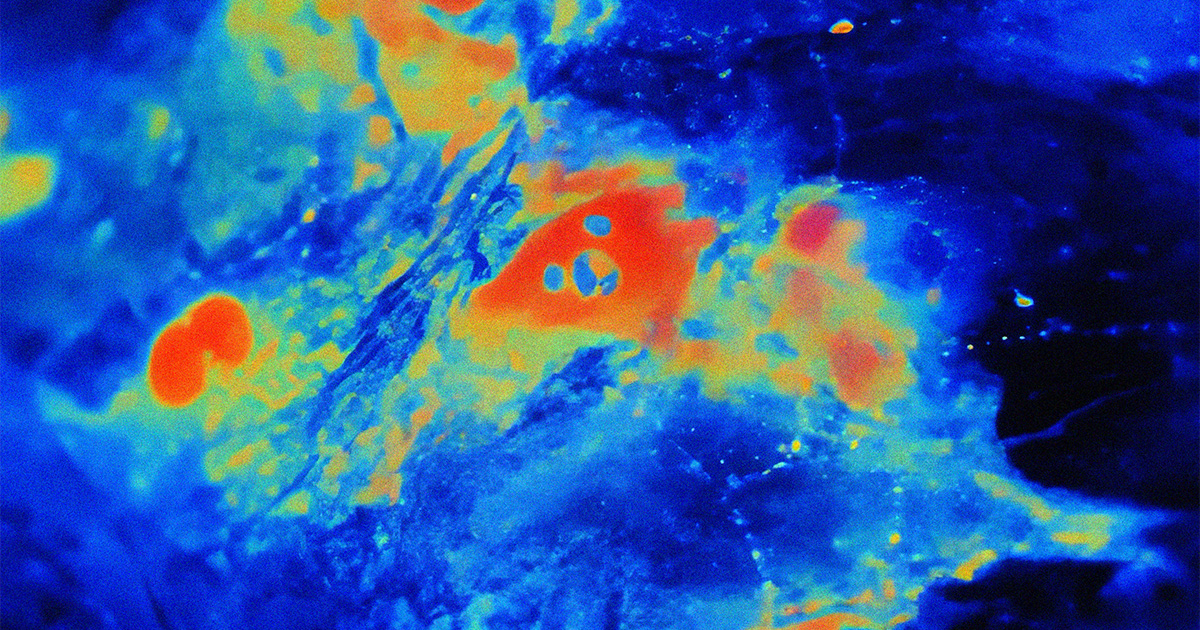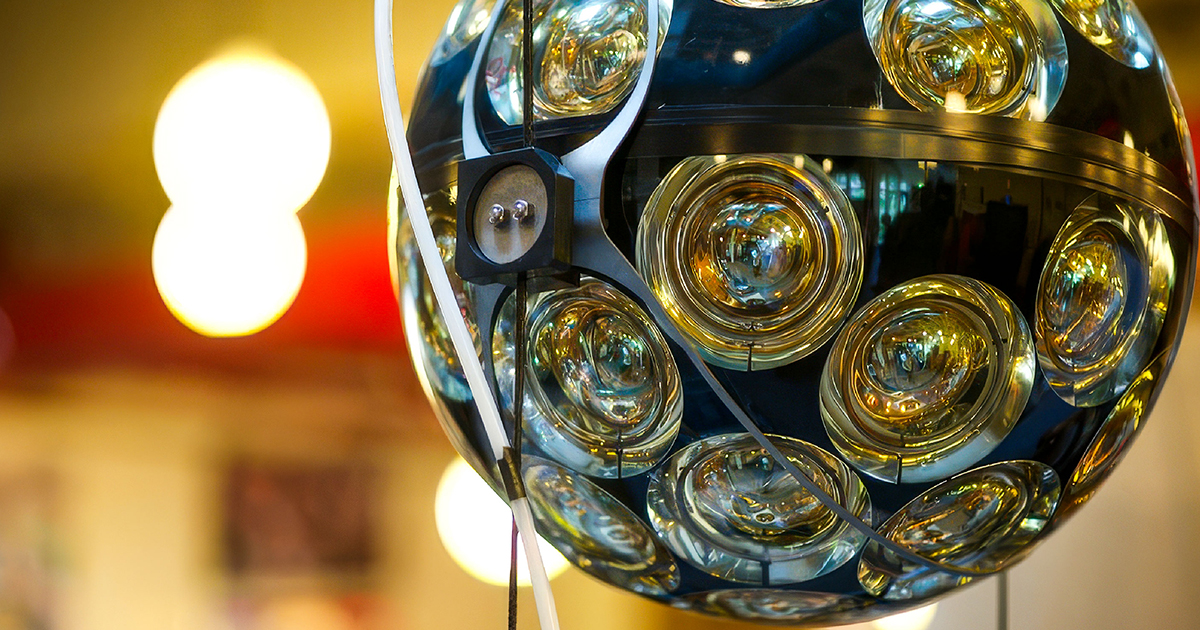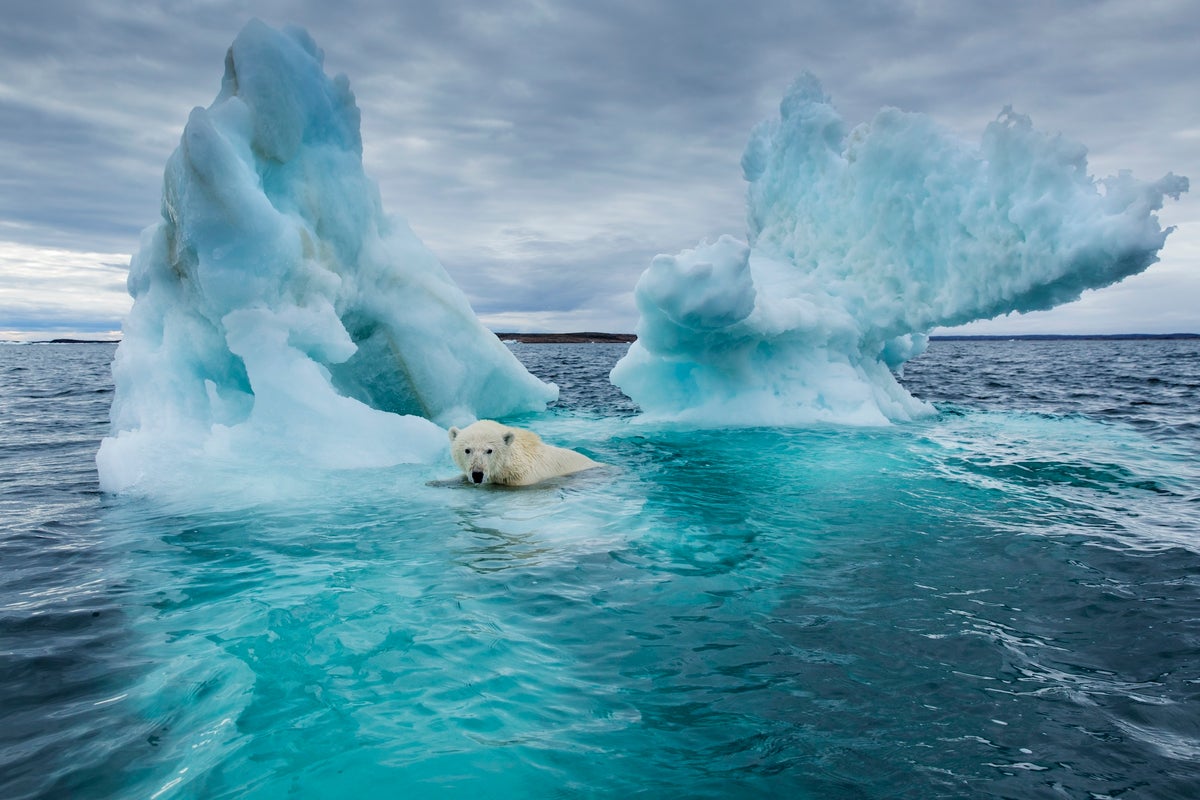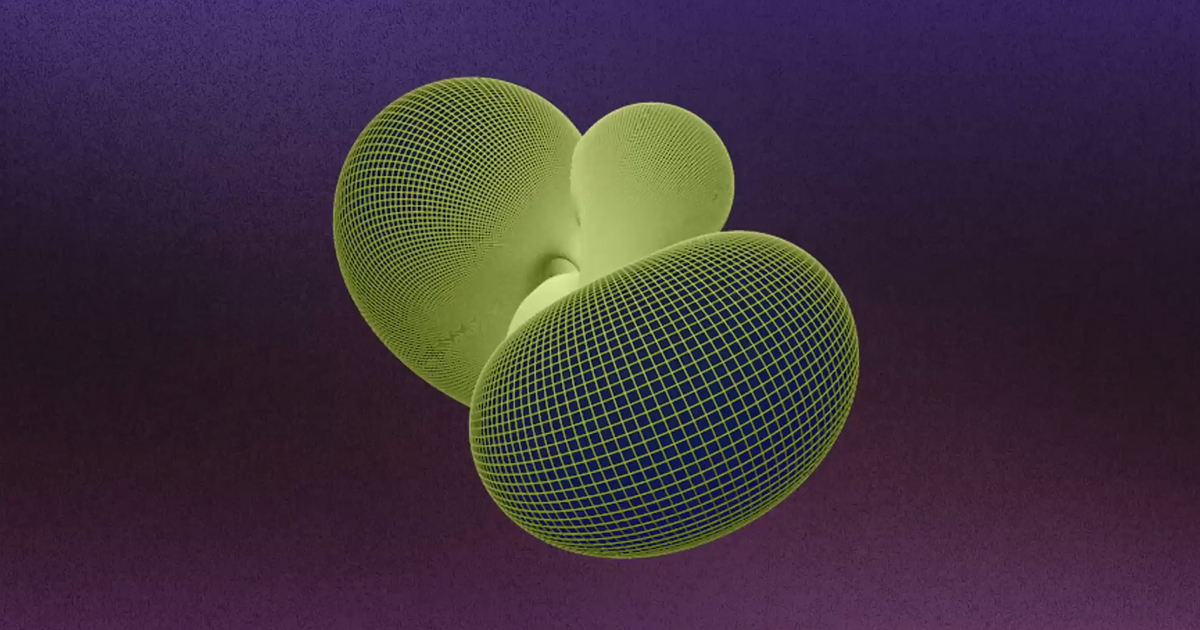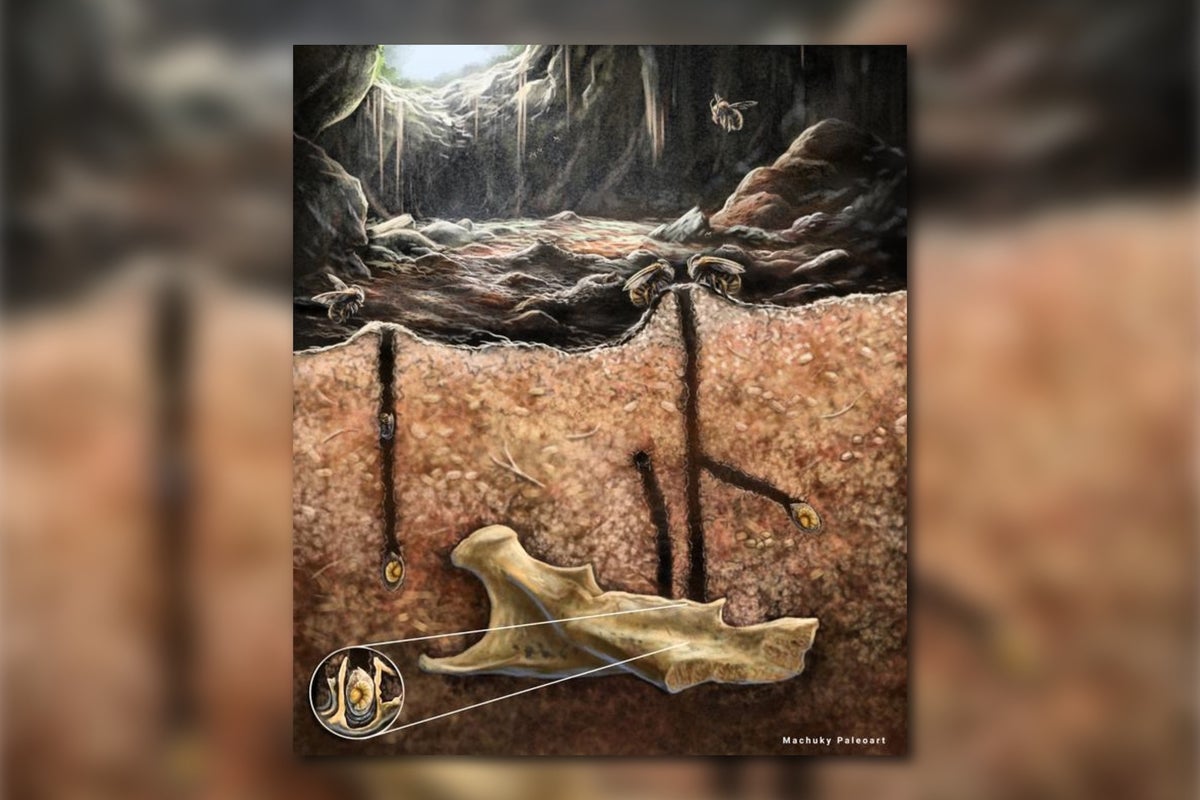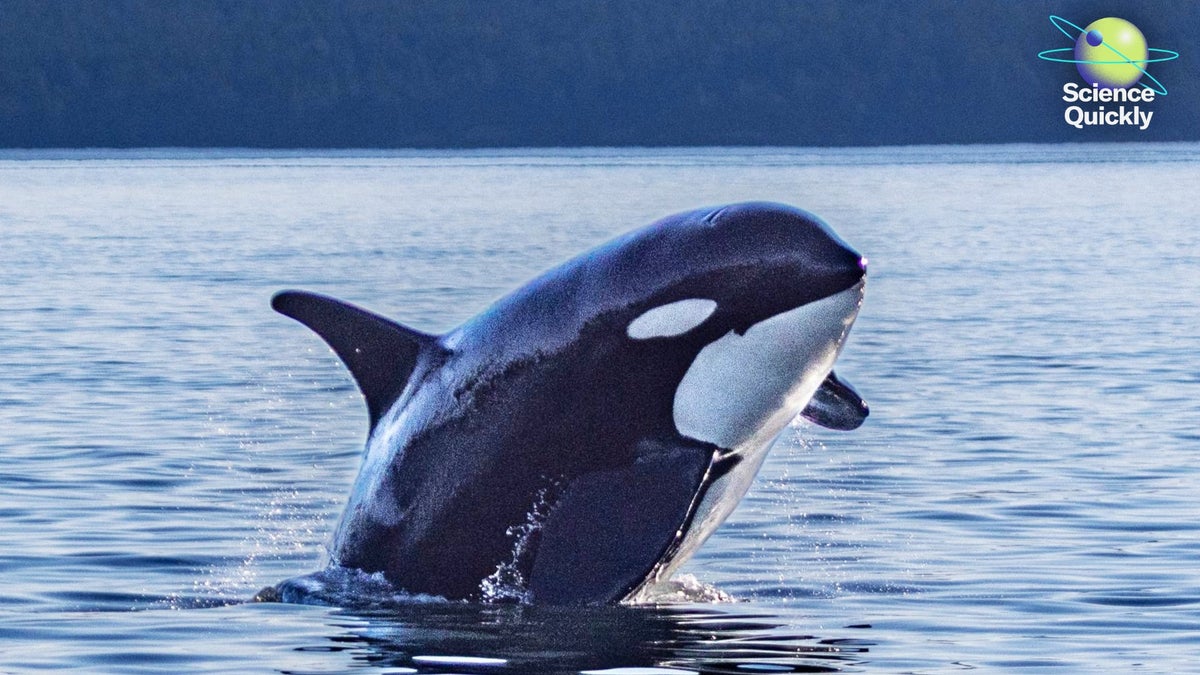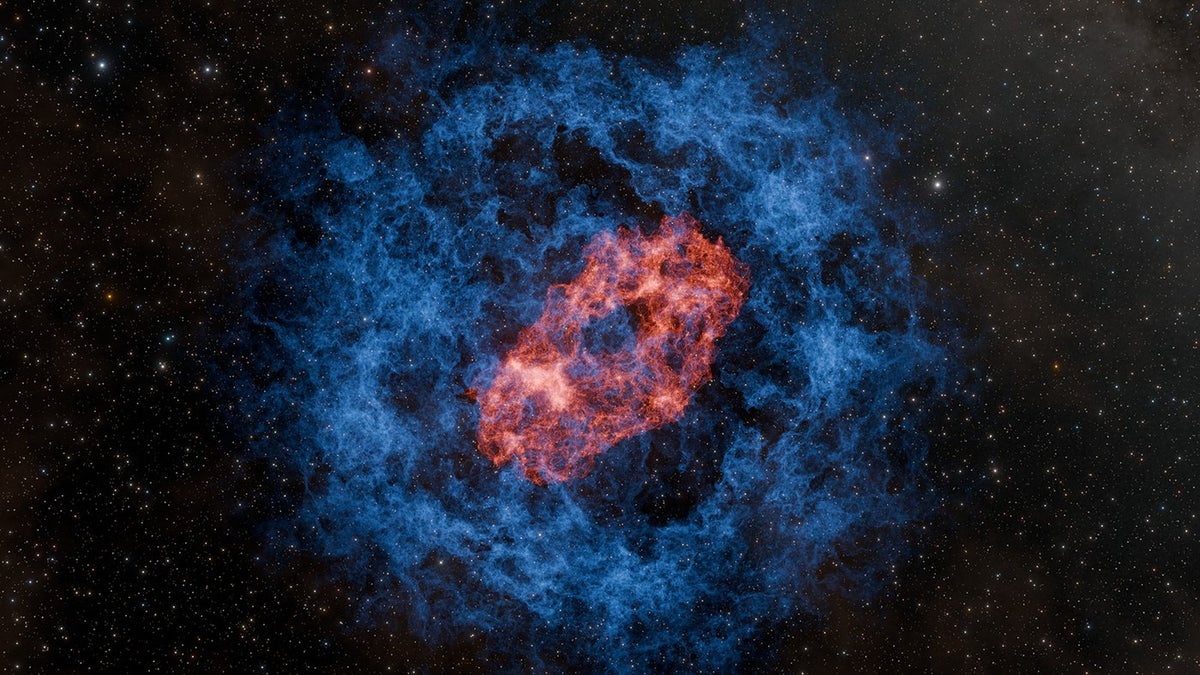The human brain is a vast network of billions of neurons. By exchanging signals to depress or excite each other, they generate patterns that ripple across the brain up to 1,000 times per second. For more than a century, that dizzyingly complex neuronal code was thought to be the sole arbiter of perception, thought, emotion,… Continue reading Once Thought To Support Neurons, Astrocytes Turn Out To Be in Charge
Category: Quantum Stuff
Monster Neutrino Could Be a Messenger of Ancient Black Holes
Nearly three years ago, a particle from space slammed into the Mediterranean Sea and lit up the partially complete Cubic Kilometer Neutrino Telescope (KM3NET) detector off the coast of Sicily. The particle was a neutrino, a fundamental component of matter commonly known for its ability to slip through other matter unnoticed. The IceCube observatory in… Continue reading Monster Neutrino Could Be a Messenger of Ancient Black Holes
Harsh Flu Season May Be Driven by New Variant K
December 22, 2025 3 min read Add Us On GoogleAdd SciAm Harsh Flu Season May Be Driven by New Variant K A novel influenza variant called subclade K appears to be driving an uptick in cases and hospitalizations throughout the U.S. and other countries By Tanya Lewis edited by Claire Cameron Deb Cohn-Orbach/UCG/Universal Images Group… Continue reading Harsh Flu Season May Be Driven by New Variant K
The Arctic Is in Dire Straits, 20 Years of Reporting Show
December 16, 2025 3 min read Add Us On GoogleAdd SciAm The Arctic Is in Dire Straits, 20 Years of Reporting Show The Arctic has changed dramatically in the past 20 years, a new report shows, as temperatures skyrocket and ice rapidly melts By Andrea Thompson edited by Claire Cameron A polar bear (Ursus maritimus)… Continue reading The Arctic Is in Dire Straits, 20 Years of Reporting Show
Two Twisty Shapes Resolve a Centuries-Old Topology Puzzle
It took some time, but Hoffmann and Sageman-Furnas were eventually able to convince themselves that the rhino was worth taking seriously. And if it was possible to find such a likely example of a discrete Bonnet pair, maybe the smooth case wasn’t so hopeless after all. Hoffmann and Sageman-Furnas spent that sweltering summer scouring the… Continue reading Two Twisty Shapes Resolve a Centuries-Old Topology Puzzle
How Animals Build a Sense of Direction
These head direction cells are connected in a ringlike system called a ring attractor network. In mammals, this network is not a physical ring (though it is, strangely, in fruit flies), but it can be schematically represented as such. The ring is always active. When an animal faces a particular direction, certain cells in the… Continue reading How Animals Build a Sense of Direction
Ancient Bones Hid a Buzzing Secret
December 16, 2025 2 min read Add Us On GoogleAdd SciAm Ancient Bees Burrowed Inside Bones, Fossils Reveal Bones of now extinct species became a haven for bee babies thousands of years ago, scientists report in a first-of-its-kind discovery By Stephanie Pappas edited by Andrea Thompson Illustration by Jorge Machuky Thousands of years ago in… Continue reading Ancient Bones Hid a Buzzing Secret
Orcas on the Brink—What a Dog Named Eba and a Team of Scientists Are Fighting For
Kendra Pierre-Louis: For Scientific American’s Science Quickly, I’m Kendra Pierre-Louis, in for Rachel Feltman. If you’re of a certain generation, you might be able to trace your affinity for orcas to repeated viewings of a certain movie: the seminal 1993 film Free Willy. That movie led to a herculean effort that would eventually rope in… Continue reading Orcas on the Brink—What a Dog Named Eba and a Team of Scientists Are Fighting For
Strange Cosmic Blast May Be First-Ever Superkilonova Observed
December 17, 2025 2 min read Add Us On GoogleAdd SciAm Strange Cosmic Blast May Be First-Ever Superkilonova Observed The combination of a supernova and a kilonova may have produced a rare space explosion that astronomers have never seen before By Claire Cameron edited by Clara Moskowitz The final stage of a superkilonova. Caltech/K. Miller… Continue reading Strange Cosmic Blast May Be First-Ever Superkilonova Observed
Why There’s No Single Best Way To Store Information
Just as there’s no single best way to organize your bookshelf, there’s no one-size-fits-all solution to storing information. Consider the simple situation where you create a new digital file. Your computer needs to rapidly find a place to put it. If you later want to delete it, the machine must quickly find the right bits… Continue reading Why There’s No Single Best Way To Store Information
